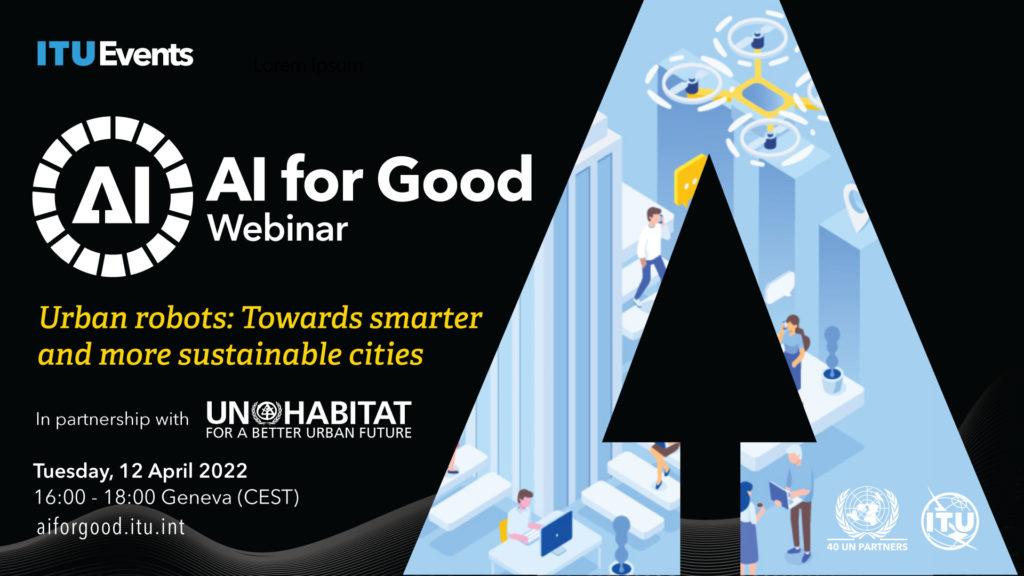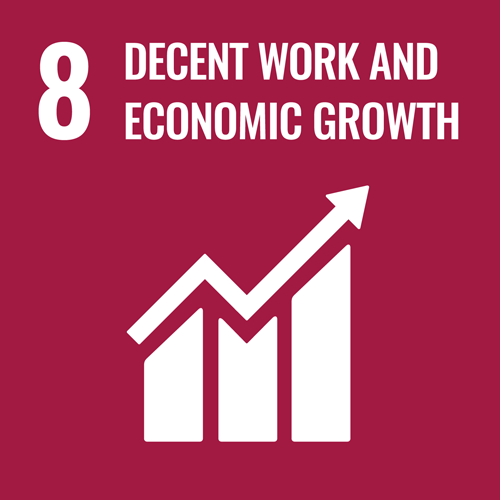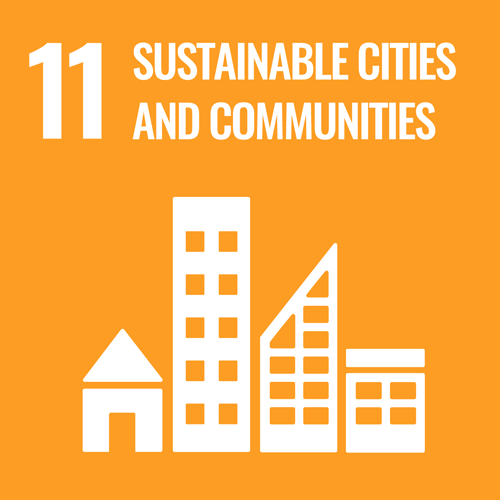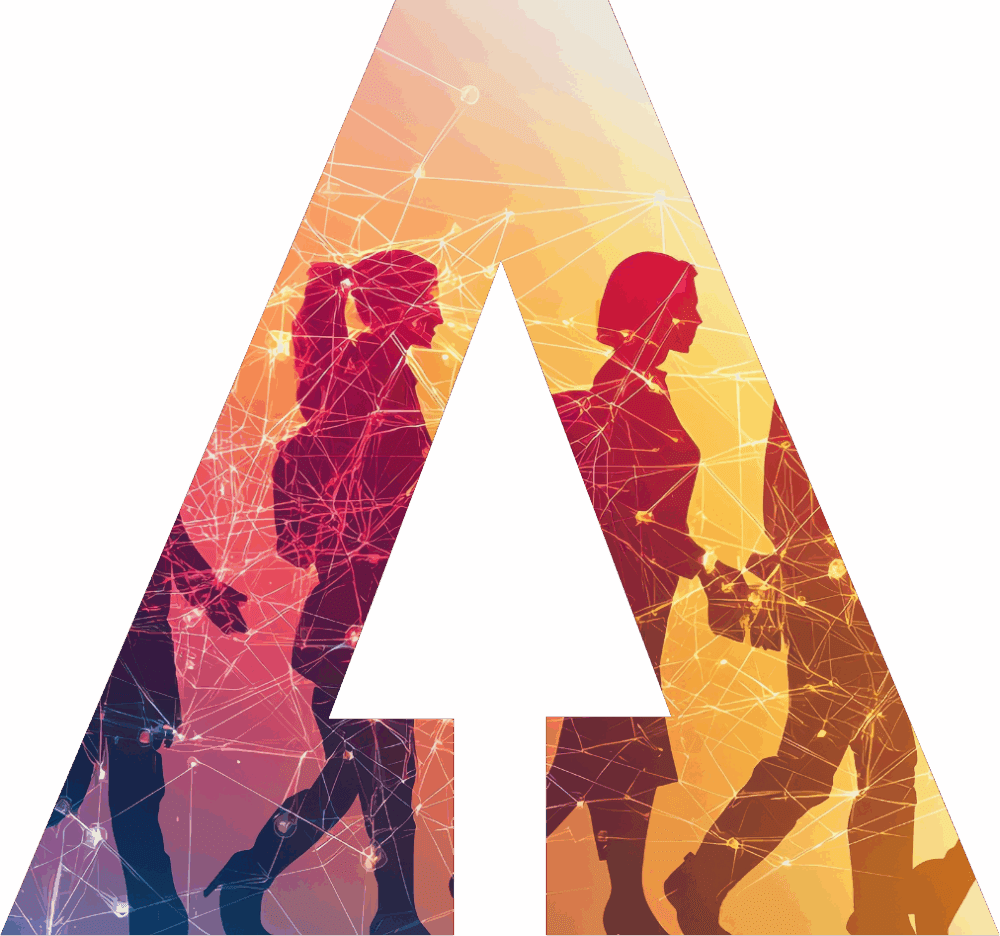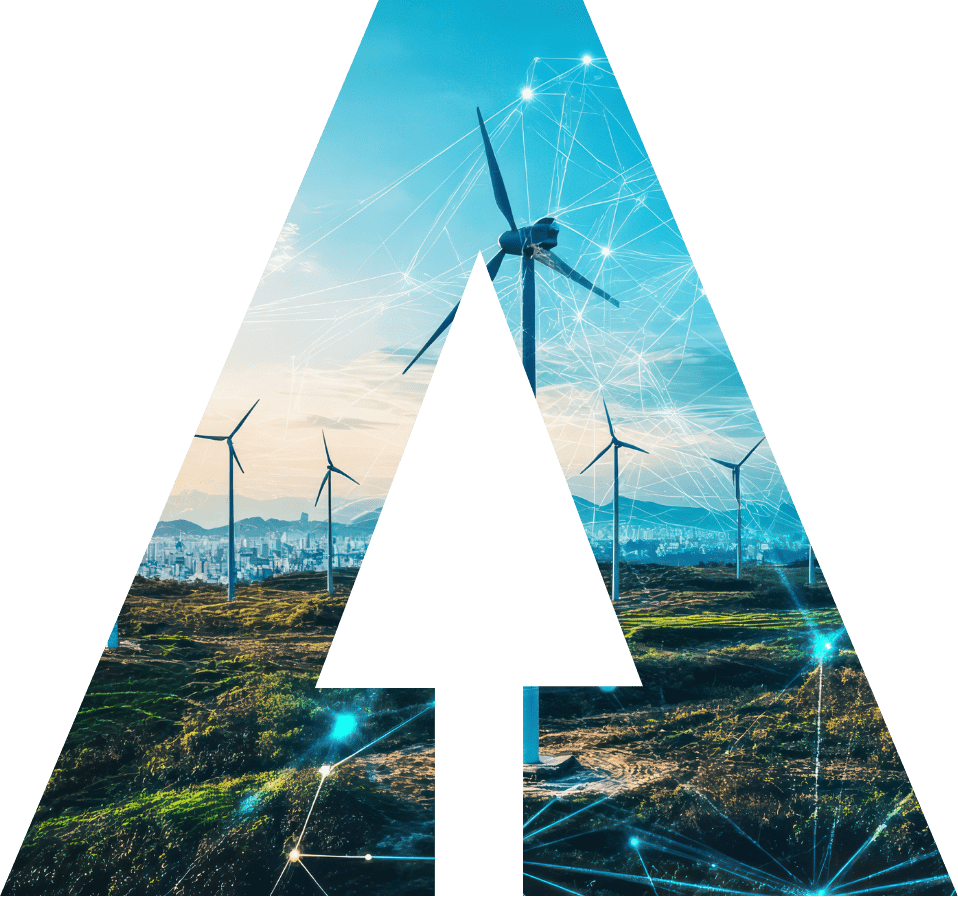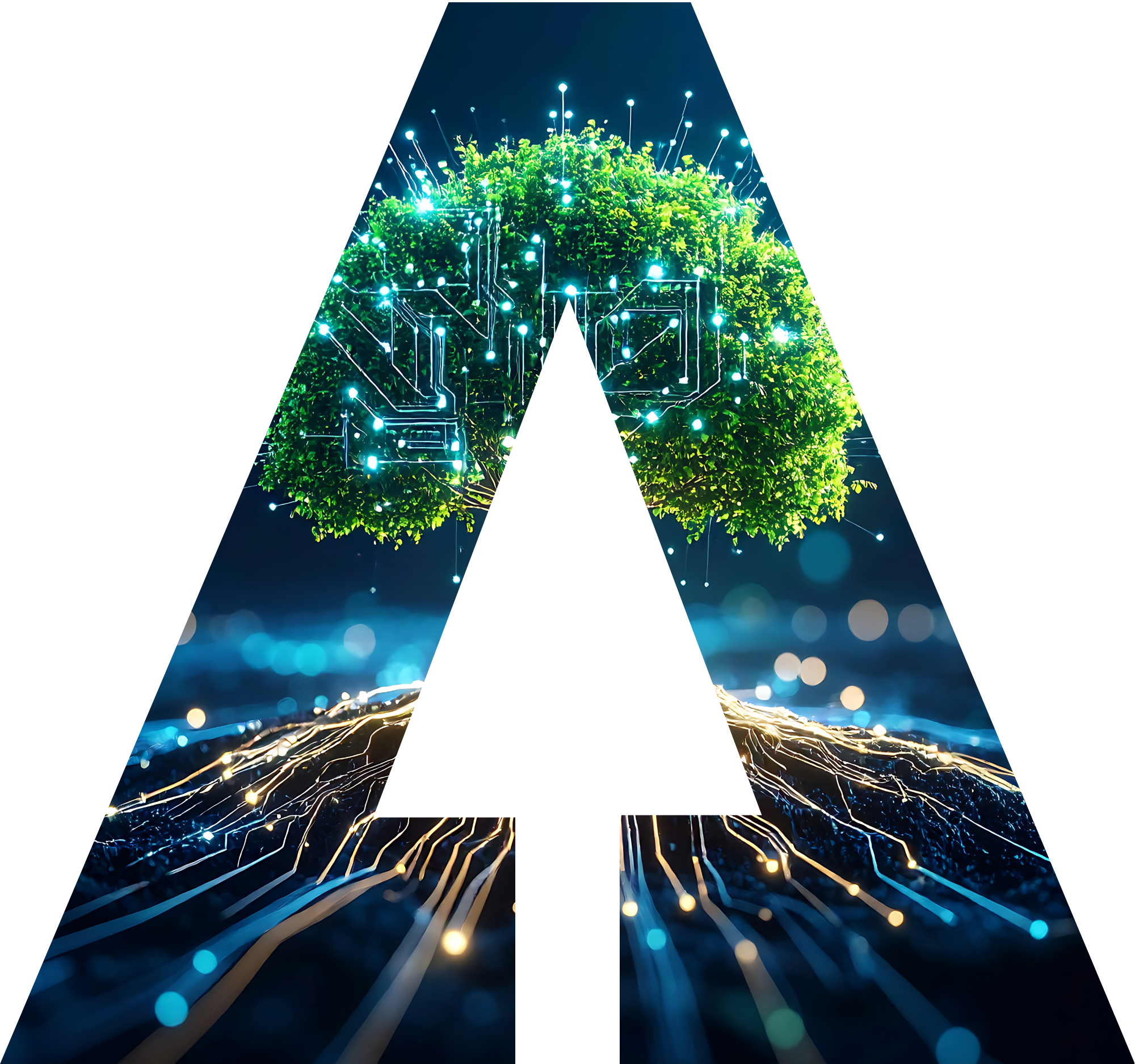by Sarah Wray, Editor, Cities Today
Artificial intelligence (AI) offers potential benefits for cities such as greater efficiency but there are also risks and new challenges, from procurement to governance.
Such complexity can result in ‘analysis paralysis’ and stalled progress, or expensive investments that don’t pay off. Helsinki in Finland opts to cut through this by learning more about the possibilities, limitations and requirements of AI through rapid experimentation, sourcing ideas from employees throughout the city and trying them out in three-month sprints.
‘Learning by doing’ through these experiments is an important part of finding out how new technology solutions work in practice, according to Ville Meloni, Programme Manager in the City of Helsinki’s Strategy Department.
“Our aim is not to move into production right away,” he says. “The key for us is to learn about the technology and from the experiment – for example, the pitfalls when procuring such services, understanding how to improve service processes, understanding how to improve data access and management, and so on.”
The Experimental Accelerator programme began in 2019 and was inspired by a similar model used by the national Finnish Broadcasting Company.
AI and robotic process automation (RPA) experiments so far have included assisting civil servants in providing support to jobseekers; shift planning for social and healthcare employees; an AI-powered personalized sightseeing guide; and analyzing pedestrian crossings from aerial photos using machine learning to track deterioration over time.
Learn more about AI for sustainable cities in our upcoming AI for Good Webinar with UN Habitat, Urban robots: Towards smarter and more sustainable cities.
“It is helpful if the development ideas actually come from the people who are specialists in their area and genuinely want to improve their work,” says Meloni.
Improving city processes
Each experiment that is taken forward receives a maximum of EUR 10 000 (USD 11 257) for implementation and projects are selected based on a points system and a jury. There are usually two cohorts of around ten projects per year.
Participants receive coaching from within the city and from external partners.
“It is important to have a centralized function that gives support on how to conduct experiments, and guidance on different development methods such as lean and service design,” says Meloni, adding that this centralized function needs to be connected to the various departments such as social and health care, education, environment, culture and leisure to “achieve synergies”.
At the end of each experiment the team produces a report, which is published on the Accelerator website, including the learning objectives, technologies and data used, and the experiment takeaways and learnings.
The report also summarizes whether AI helped with the problem at hand, such as saving money or time, or improving customer experience.
If projects are successful, the owners can propose to managers that they are explored further. Some ideas may be adopted centrally, led by the digitalization team.
Those which are being taken forward include a recommendation algorithm for city events and services, and a text analytics solution to extract insights from resident feedback and participatory budgeting. The code for the machine learning pedestrian crossings analysis tool was published on GitHub for other cities to use.
Several RPA use cases are being adopted following experimentation, such as automated invoices and contract calculation, student statistics management and student placement process management.
“Most [successful] RPA-based experiments move to production,” says Meloni, noting that RPA technology is more straightforward than AI.
The experiments are also valuable in showing when a selected technology isn’t actually the best way to solve the problem. For example, an experiment that concluded recently aimed to use RPA to improve ‘just in time’ logistics so that COVID-19 vaccines weren’t wasted. A better solution turned out to be improving existing processes and tools instead.
“That is a good outcome too,” said Meloni. “And it could also be used to improve processes elsewhere in the city.”
Demystifying AI
Meloni says wider benefits of the programme include “demystifying” AI for city employees while also raising awareness of the importance of data in creating new solutions and the ethical questions related to training AI.
The programme also highlights the advantages of experimenting before making big investments.
There are still some challenges to overcome, though, such as retaining momentum when results are positive, and ensuring the lessons learned are put into action.
“We have such a large organization with around 40,000 employees and hundreds of services so this is perhaps the biggest challenge,” comments Meloni.
“One of the key things we learned is what our bottlenecks are, related to process improvements or bureaucracy. We analyse the experiment reports and questionnaires, and with the help of our digitalization unit, look at how we can remove some of those bottlenecks. Many relate to data – so this is very beneficial for continuous improvement of our data strategy.”
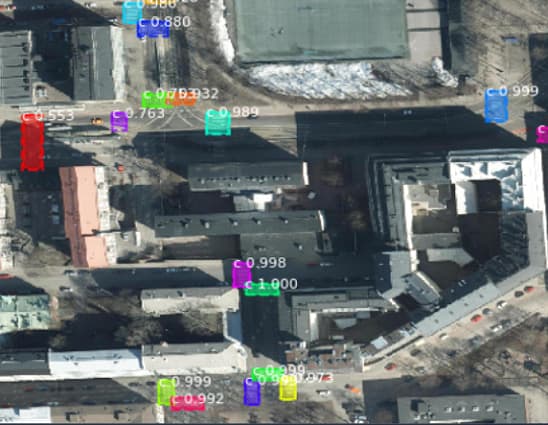
Experiment using machine learning to recognize pedestrian crossings from aerial photos. Image credit: Cities Today
In parallel to the experiments, the city is working to expand resources and infrastructure for AI-powered services and is tackling some of the thorny legal and ethical questions related to data. For example, alongside the City of Amsterdam, Helsinki launched an AI Registry for transparency about systems using AI.
The latest round of quick experiments is focusing on data analytics and location-based data.
This article first appeared on Cities Today.


 Register here
Register here
